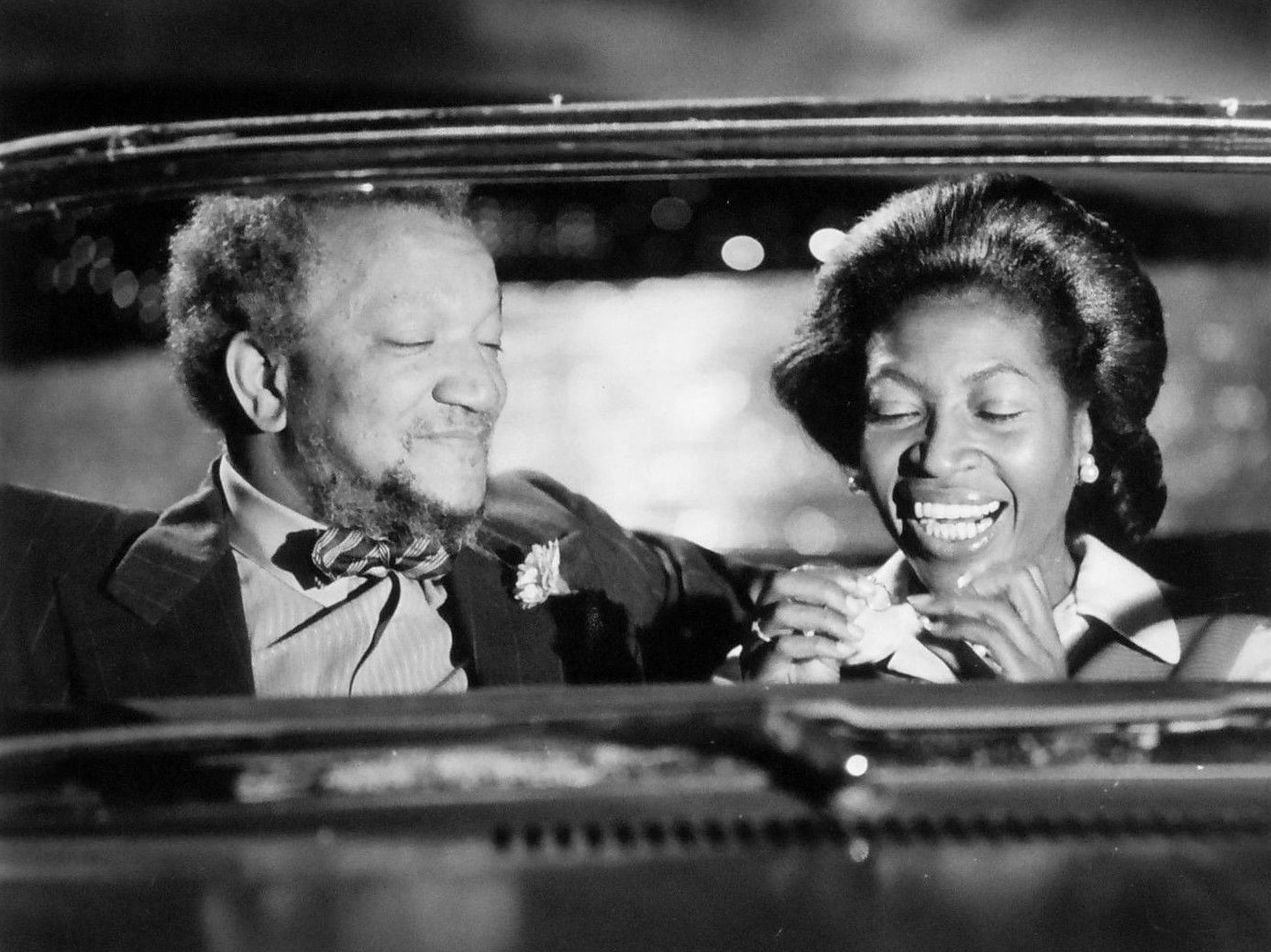Long before streaming algorithms decided who gets heard, Redd Foxx understood something profound about entertainment’s power. “It’s pretty hard to hate someone who makes you laugh,” he said—a philosophy that guided his groundbreaking career and feels urgently relevant today.
The Comedy Album Pioneer Who Changed Everything
Foxx helped create a genre that made taboo topics mainstream conversation.
Foxx didn’t just tell jokes; he helped create the comedy album industry. His 50+ “party records,” starting with Laff of the Party in 1956, pushed boundaries that radio wouldn’t touch. These weren’t polite parlor entertainment—they were raw, honest, and unapologetically Black.
While other entertainers played it safe, Foxx’s raunchy nightclub style translated to vinyl, selling over 15 million albums and proving controversial content could find massive audiences. He demonstrated that authentic voices, even controversial ones, could build devoted followings.
From Harlem Dishwasher to Cultural Bridge Builder
His early friendship with Malcolm X shaped both men’s approaches to reaching people.
In Depression-era Harlem, Foxx washed dishes alongside Malcolm Little—later Malcolm X, who remembered him as “the funniest dishwasher on this earth.” Both understood entertainment’s power to connect across divides. While Malcolm chose politics, Foxx chose laughter, believing humor could accomplish what rhetoric couldn’t.
This philosophy would define his approach to breaking into mainstream entertainment, setting the stage for his television breakthrough.
Sanford and Son Broke More Than TV Barriers
The show proved Black stories could dominate primetime without compromise.
When Sanford and Son premiered in 1972, Foxx brought his unfiltered style to NBC. The show’s success—consistently ranking in Nielsen’s top ten—wasn’t just about laughs. Foxx insisted on authentic Black experiences, frequently clashing with producers over hiring Black writers and maintaining creative control.
His walkouts over these issues weren’t tantrums; they were principled stands for representation that opened doors for future Black creators. Each dispute reinforced his belief that authentic entertainment required authentic voices behind the scenes.
The Philosophy That Outlasted the Fame
Foxx’s belief in humor as social glue resonates in today’s fractured media landscape.
Foxx’s charitable work with the USO and in prisons reinforced his conviction that comedy could unite people across any divide. Today’s viral TikTok moments and cross-cultural memes prove his thesis: shared laughter still creates unexpected connections.
His approach—bold, authentic, unapologetically himself—offers a blueprint for entertainers navigating our polarized moment. Sometimes the most radical act is making everyone laugh together.


























